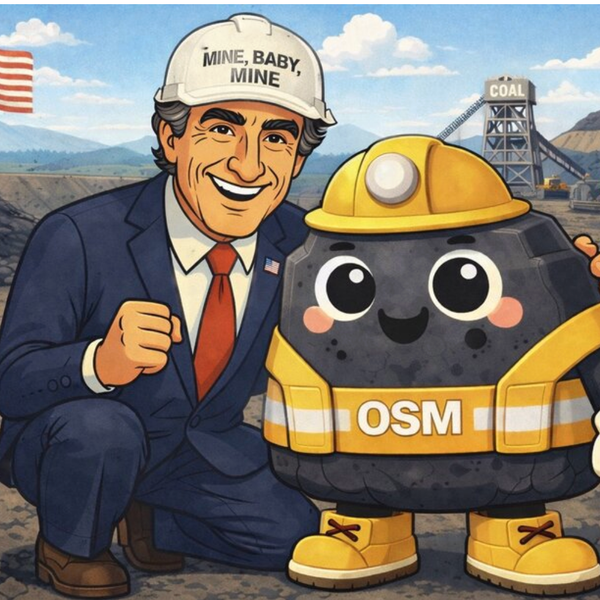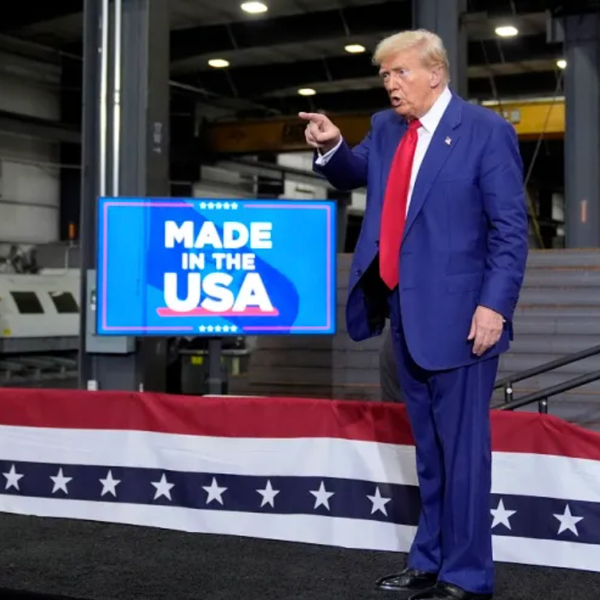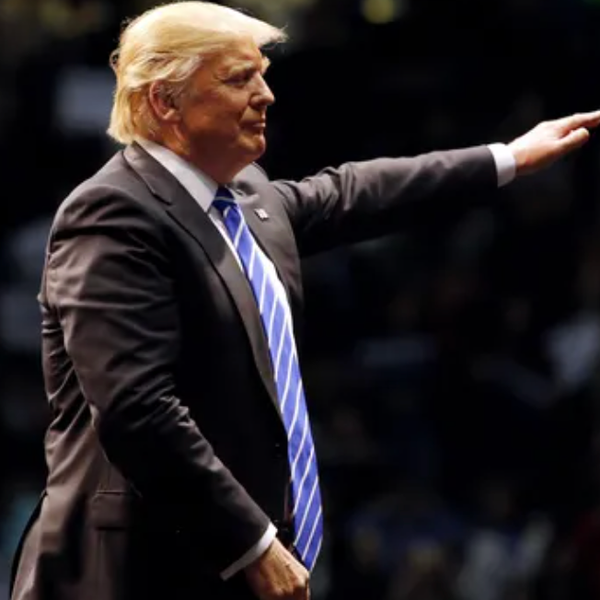How Colleges Condemn Students To Indebtedness And Constrain Their Life Choices
The protesters at UC Davis are right to be angry: rising student debt loads have extraordinary effects.
Behind the horrific images of a UC Davis policeman nonchalantly pepper spraying a peaceful group of seated students is the reason why they’re seated. What’s forced them out of their classrooms and dorms and into tents on the quad? A lot of issues, certainly, as the Occupy movement is taking a stand against many dysfunctional aspects of our society. But as one of the students who was sprayed put it, “The #OWS movement is global, but it’s expressed locally in ways that are relevant to each city. People who are in NYC go to Wall Street. Oakland takes the port. At Davis, we have a university.”
University students have a right to be pissed off. Beyond the fact that they’ll be graduating into a world where Wall Street dominates the economy but gives little value back, corporations have more say in our political system than citizens, and neither is held accountable, they’re facing the short-term constraints of gargantuan student debt loads, set to hit a total of $1 trillion this year — more than all credit card debt combined. The graduates of 2010 who had student loans owed an average $25,250; compare that to the average graduate in 1993, who only owed $8,462. Those numbers are daunting, but what do they mean for students’ futures?
Amanda Terkel wrote a fantastic in-depth article looking into the “brain drain”: hordes of fresh grads, the best and brightest our country has to offer, getting funneled into Wall Street. These students aren’t just economics majors or business school grads. They’re engineers, computer programmers, scientists. There are a lot of factors that contribute to the banks’ gravitational pull. Recruiters from finance and consulting firms are allowed to give money to career development offices in some universities in exchange for more access to students. And then there’s the increased status of going to Goldman or Citi, the peer pressure. That’s a new phenomenon. Before bank deregulation in the late 70s and 80s, banking was thought to be a snoozy line of work. Booming profits changed that.
The pay is hard to resist. Terkel reports that the average salary at Goldman Sachs is $430,700 and $256,596 at Morgan Stanley. While it could take some time to get to that level, starting salaries are quite comfy. Grad students of UC Berkley’s business school were given starting salaries of $7,839 a month — which would add up to $94,000 a year — for internships at big banks. As she writes, “without a cultural shift and reforms that rein in the financial industry’s sky-high profits and salaries, a disproportionate number of the best and the brightest will continue to head to Wall Street.” The numbers bear her out. As she reports, “In 2007, an astonishing 47 percent of Harvard University seniors said they planned to go into finance or consulting, according to a survey by The Crimson.” While that number dropped after the financial crisis, 39 percent of Harvard Business School graduates went into finance this year, up from 34 percent last year.
This trend isn’t just caused by aggressive recruiting and peer pressure, however. It’s based on sound economic decisions. In a 2007 study, “Constrained After College: Student Loans and Early Career Occupational Choices,” authors Jesse Rothstein and Cecilia Elena Rouse found that “debt causes graduates to choose substantially higher-salary jobs and reduces the probability that students choose low-paid ‘public interest’ jobs.” They found a very specific relationship between debt and career choices. They report, “we estimate that an extra $10,000 in student debt reduces the likelihood that an individual will take a job in nonprofits, government, or education by about 5 to 6 percentage points,” pushing them toward higher paying positions. In fact, an additional $10,000 in debt skews graduates to jobs that pay $2,000 more in annual salary and reduces the likelihood that they’ll take a job that pays under $41,000 by 6 percentage points. That $94,000 starting salary is starting to look pretty good.
This makes inherent sense. If you have a huge load of student debt to pay back, does it really make sense to take your expensive college degree and go make an eventual salary of $47,730 as an elementary school teacher or $40,000 at a small nonprofit?
So what’s driving this rise in student debt? This is where the university comes into play. The study found that while the effect a college degree had on raising a student’s wages rose 27 percent between 1993 and 2005, tuition far outpaced that growth — rising by 63 percent at public four-year colleges and 43 at private colleges. In fact, one of the drivers of the UC Davis protest was the fact that current proposals will raise tuition there to $22,068 by 2015, up from $12,192 this year and $5,357 six years ago. These changes aren’t due to rising costs of providing quality educations, but to “room and board charges [that] have doubled in actual dollars since 1982 to enhance campus life,” as reported by Andrew Hacker and Claudia Dreifus. They argue, “colleges have embraced a host of extraneous activities — from obscure sports to overseas centers — and tacked most or all of their tabs onto students’ bills.” One significant cost at UC Davis, it would seem, is paying the salaries of the very policemen who pepper sprayed students. Lt. Pike has earned more than $100,000 for the last three years, more than 40 percent of which came from student fees.
What this means is that universities first hike tuitions to cover extraneous “campus life” costs, putting students further and further into debt and pushing them toward higher paying jobs, then give Wall Street recruiters premium access to their students. Rising tuition isn’t all to blame for student debt loads, of course. The government has pulled back on grants that help finance educations without needing to be paid back, giving students who can’t afford tuition outright no where to turn but loans. But the institutions that are supposed to help open wide a full range of possibilities for students may be having the opposite effect.
Bryce Covert is Editor of New Deal 2.0.
Cross-Posted From The Roosevelt Institute’s New Deal 2.0 Blog
The Roosevelt Institute is a non-profit organization devoted to carrying forward the legacy and values of Franklin and Eleanor Roosevelt.








